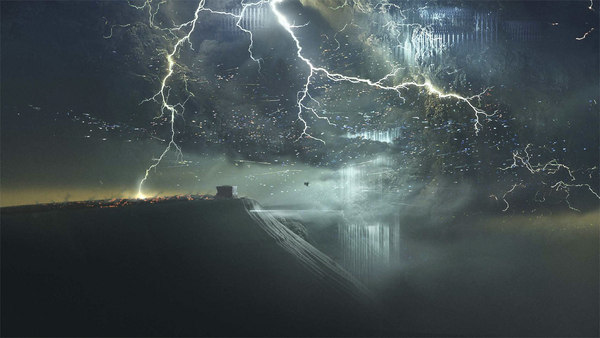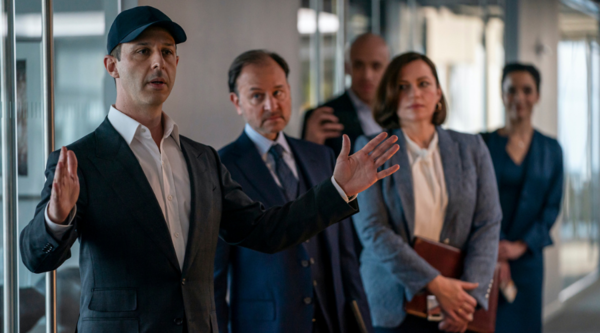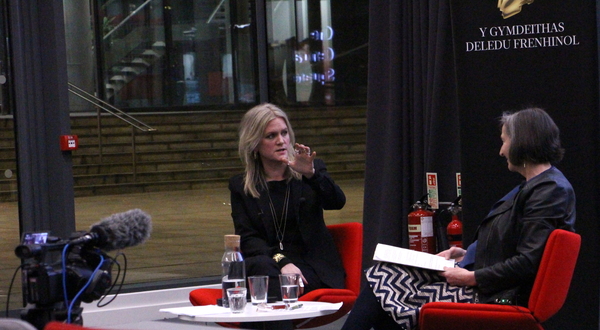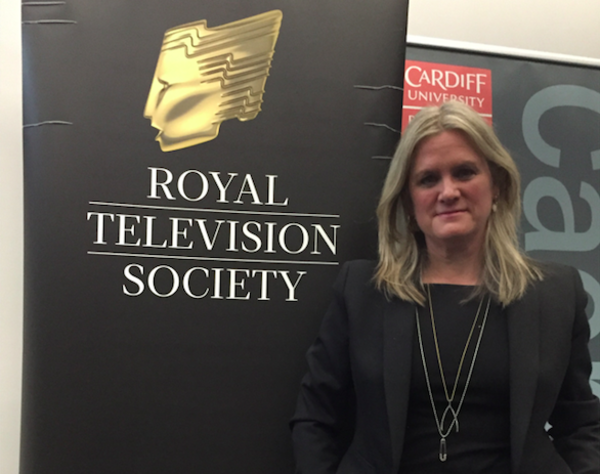The writers of Industry on creating a true guilty pleasure
Television’s least wholesome drama returned to BBC One early this month, offering more backstabbing, boozing, sex, snorting and frankly incomprehensible financial jargon.
Series 3 of Industry sees Pierpoint, in stark contrast to the behaviour of its employees, repositioning itself as an ethical investment bank when it takes on a new client, the green energy start-up Lumi. This is run by an aristo turned tech-bro, the aptly named Sir Henry Muck, and played with brio by Kit Harington, best known as Game of Thrones’ Jon Snow.








